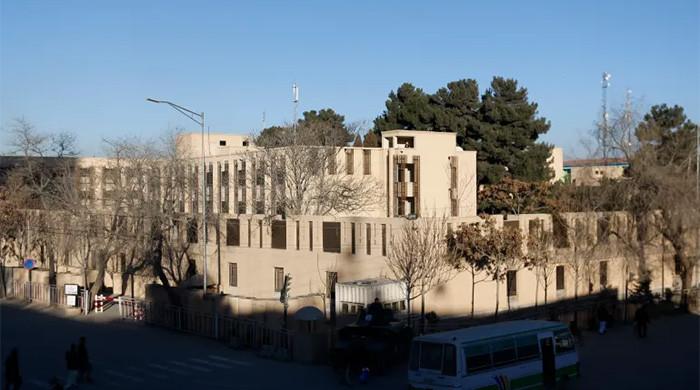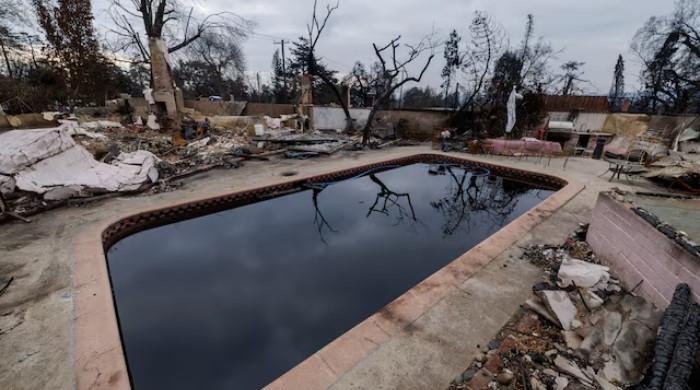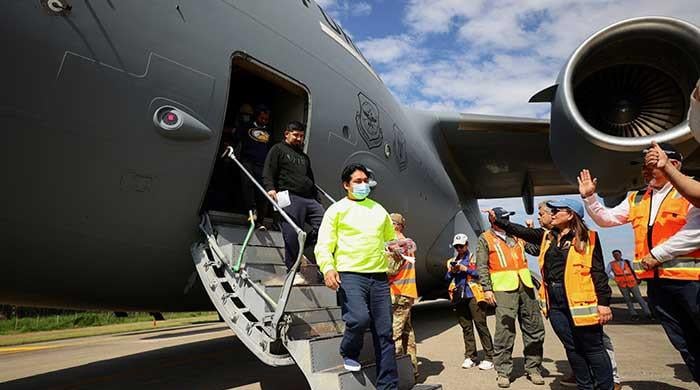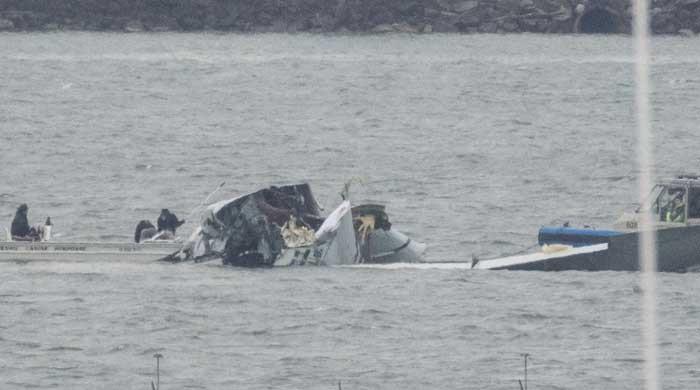Afghanistan on brink of collapse: Pakistani, Swedish ministers
Minister for Information Fawad Chaudhry calls for billions of dollars of Afghan assets frozen overseas to be released
October 23, 2021
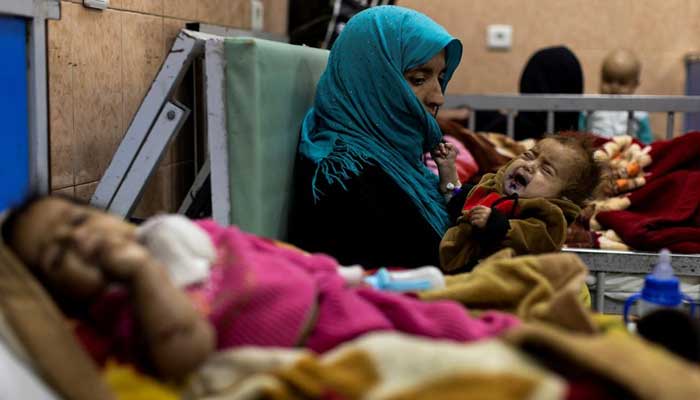
- Fawad Chaudhry calls for release of billions of dollars of frozen Afghan assets.
- Says time for US, China and other major powers to set out framework for formal recognition of new rulers.
- Per Olsson Fridh acknowledges humanitarian dangers but says conditions not right for European countries to reopen embassies in Kabul.
DUBAI: Afghanistan will shortly collapse into chaos unless the international community acts rapidly, Pakistani and Swedish ministers warned on Saturday.
Afghanistan plunged into crisis after the Taliban drove out the Western-backed government in August triggering the abrupt end of billions of dollars in assistance to its aid-dependent economy.
Minister for Information Fawad Chaudhry told Reuters that direct engagement with the Taliban was the only way to prevent a humanitarian catastrophe, and called for billions of dollars of Afghan assets frozen overseas to be released.
"Are we going to push Afghanistan into chaos or are we going to try and stabilise the country?" he said in Dubai.
Engagement would also encourage the protection of human rights and the establishment of an inclusive, constitutional government, he said.
Swedish development minister Per Olsson Fridh echoed the sentiment, but cautioned against release of money to the Taliban.
"The country is on the brink of collapse and that collapse is coming faster than we thought," he told Reuters in Dubai.
He said economic freefall could provide an environment for terrorist groups to thrive, but that Sweden would not channel money through the Taliban, instead boosting its humanitarian contributions through Afghan civil society groups.
Many countries and multilateral institutions have halted development assistance but increased humanitarian aid since August, reluctant to legitimise the new Taliban rulers.
Sweden's Fridh said the Taliban had so far failed to prove they had shed the oppressive policies that marked their previous period in power from 1996-2001.
He also said conditions were not right for European countries to reopen embassies in Kabul. Instead, more diplomatic activity would take place in Qatar, an important interlocutor between the West and the Taliban.
Fridh met Qatari officials in the capital Doha this week.
But Chaudhry said it was time the United States, China and other major powers set out a framework for formal recognition of Afghanistan's new rulers and for the removal of United Nations sanctions on Taliban members, including some members of the new government.
This, together with direct economic assistance, was the only way to avert instability, he said, adding: "The watch on this bomb is already clicking."





